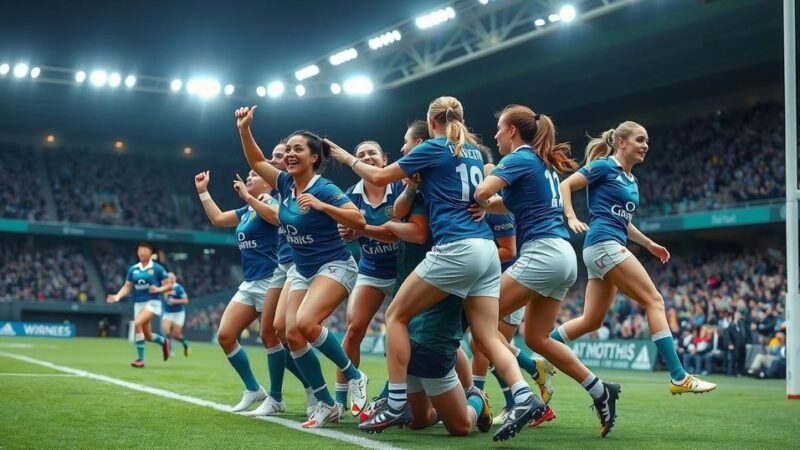Zimbabwe’s cricket team selection procedures face allegations of favoritism and nepotism. Former player Tendai Chatara publicly criticized the selectors’ bias, igniting a debate on the impact of these practices on national performance. Many deserving players, including Brian Chari and Ernest Masuku, have been overlooked, leading calls for a transparent selection process that rewards merit. This situation underscores the need for reform to ensure fairness and equity in team selections.
The selection process of Zimbabwe’s national cricket team has been controversial, with allegations of favoritism and neglect of deserving players. Critics contend that selectors frequently favor certain players while disregarding others, thereby hindering the nation’s cricket potential. This situation escalated in January with a viral audio clip of former player Tendai Chatara accusing selectors David Mutendera and Elton Chigumbura of nepotism, suggesting that bias in selections is contributing to Zimbabwe’s failures internationally.
In the recording, Chatara expressed concerns in Shona about the selectors’ disregard for player performance, stating that Mutendera “does not care if you are good or not.” He criticized the preferential advancement of players from Chigumbura’s academy into the national team. Despite swiftly apologizing and attributing his outburst to alcohol and personal disappointment, Chatara’s allegations have incited significant discourse about pervasive favoritism in the selection process.
The fallout has been considerable, with several players losing out on opportunities despite impressive performances in domestic competitions. For instance, Brian Chari, the leading run-scorer in the Logan Cup, including a double century, was inexplicably overlooked. Additionally, Ainsley Ndlovu, who excelled against county teams, was also excluded despite his noteworthy performance in the Logan Cup.
Fast bowler Ernest Masuku stands out in the Pro50 Championship, leading with 14 wickets at an average of 19, yet has received limited opportunities. Tinotenda Maposa, despite a promising debut in T20I formats, has remained on the edges of selection with only two caps. Critics assert that had consistency and hard work been rewarded, players like Masuku and Maposa might have secured regular spots on the national team.
Many stakeholders believe that for Zimbabwe Cricket to thrive, it must adopt a fair and transparent selection procedure. Critics emphasize that “hard work must be rewarded, and nepotism eradicated,” advocating for equal opportunities for all deserving players. Attempts to obtain a statement from David Mutendera regarding these allegations have been unsuccessful, raising concerns about potential reforms in the selection process.
As discussions continue, it is evident that the integrity of Zimbabwe cricket relies on establishing a system that prioritizes merit over favoritism, ensuring that players’ aspirations are not compromised by perceived unfair practices in team selections.
The controversy surrounding the selection process of the Zimbabwe national cricket team sheds light on issues of favoritism and meritocracy. Allegations made by Tendai Chatara about nepotism among selectors have ignited significant dialogue on necessary reforms. The continued exclusion of deserving players underscores the urgent need for a transparent and equitable approach to selections. Addressing these challenges is crucial for restoring faith in Zimbabwe cricket and fostering future talent.
Original Source: bulawayo24.com






